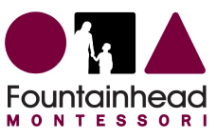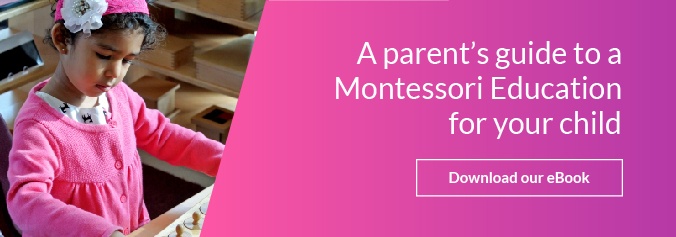As a parent, you are the ultimate teacher of lessons that go far beyond the classroom. You are teaching your child everything from how to brush their teeth, make their bed, eat healthy foods, and how to get along with friends at the playground. As your child approaches school age, your involvement in their learning does not end. Regardless if your child is in public school, private school, or is homeschooled, you can provide support for your child as they learn. Depending on how your child is receiving their education will determine what shape your involvement will look like. But if your child attends a private school, understanding the basic teaching methods and what subjects are taught will help you to reinforce these same principles at home. One skill that parents should look to strengthen in their children no matter what kind of school they attend is the ability to be an independent learner. Knowing how to gather information about a subject and dive deeper into understanding will give your child so much enjoyment and knowledge that will help them in their education now and later throughout their lives.
Understanding the teaching method
If your child attends a private school, like a Montessori school, understanding the teaching method and principles will help you to practice these ideas with your child at home. Basic Montessori principles include keeping a tidy learning/play area, focusing on one task at a time, and practicing small tasks to become more independent. All of these principles can be practiced at home and can create in your child a more cohesive outlook on how to operate regardless if they are home or at school. A few things you can do at home to help your child practice Montessori principles are to:
- Organize your child’s room with toys within their reach. Be close by to teach your child to play with one toy at a time. When they are done, show your child how to properly clean it up and put it away before getting out the next thing.
- Keep some healthy snacks on a lower shelf so your child can reach for it when they are hungry. Also keep a stool by the sink or get a small water dispenser so your child can get a drink of water by themselves.
- Encourage your child to practice skills like buttoning their own coat, folding towels, making their own bed, etc.
Know what your child is learning
Another important way to be involved with your child’s education is to know what they are learning at school. As your child grows, it is possible that they will take classes that you would rather not revisit from your own education. That is perfectly fine. But knowing what subjects they are covering and having your child do their best to explain it to you will help them to understand it better. You can support that learning at home through reading books, online videos, or just through conversation.
Learning how to learn
While your child’s school may be covering the individual subjects that a child must learn in school, you can support that learning by teaching your child how to pursue a subject at home. On the weekends or over summer break, ask your child what they would like to know more about. Find a short video online about that subject and watch it together. Take a trip to the library to find a couple short books about the subject. Then finally, look for a way to interact with the subject in real life. For example, can you observe it in a museum nearby, head to your state park if it is nature related, or recreate a model of it on your kitchen table.
If you are in the Bay Area and are wanting your child to have a Montessori education, give Fountainhead Montessori School a call today for more information about enrollment.












Let us know what you think about this post
Put your Comment Below: